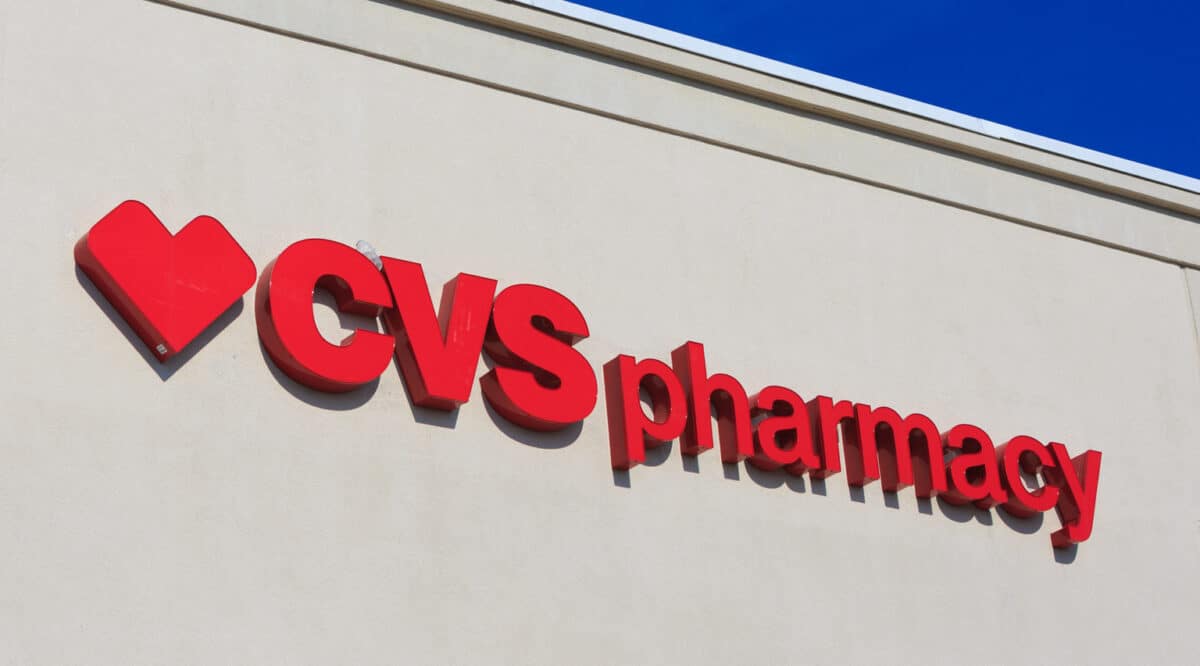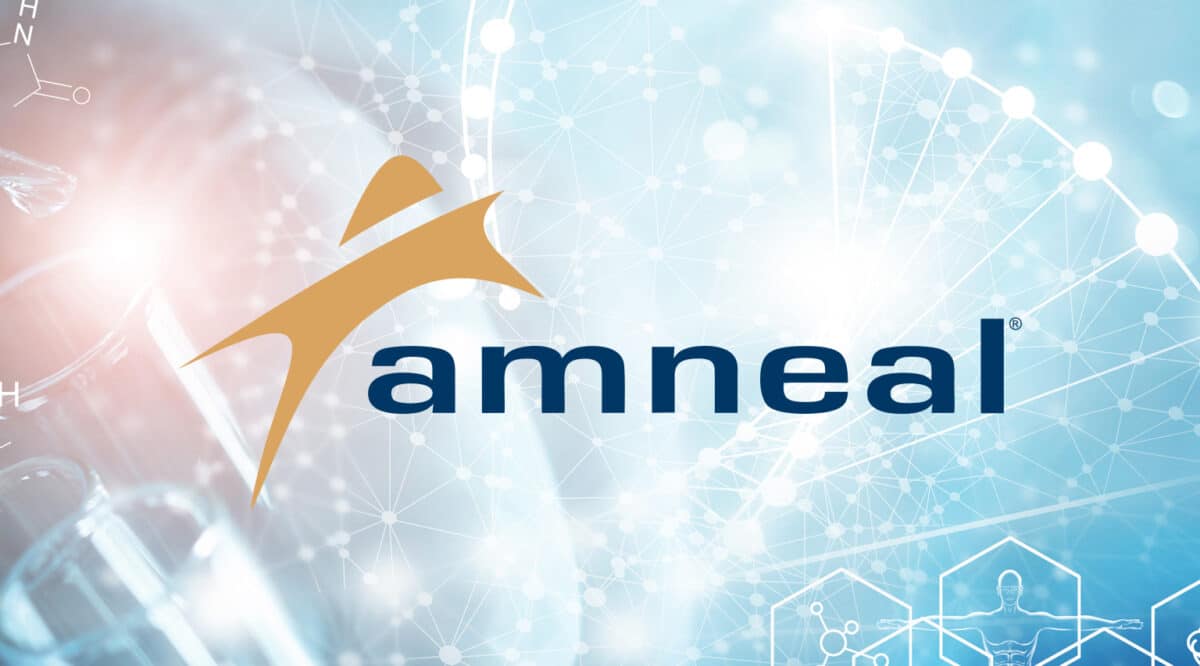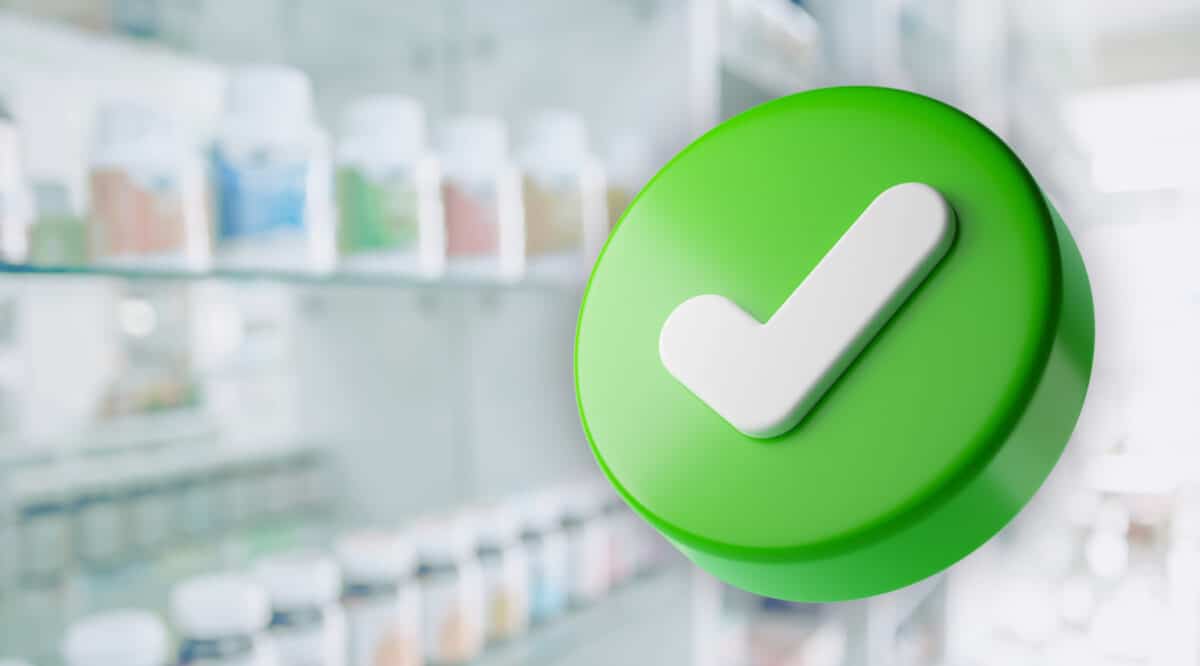The topic of the article below did not get much coverage in the media….. and that is unfortunate….. the issue should be important to all specialty pharmacies doing any substantial volume as a distributor/3PL provider.
As noted, the FDA is proposing some major rule changes that would establish a single national standard for wholesale drug distributors (WDDs) and third-party logistic providers (3PLs) with the goal of eliminating state level licensure. The FDA cites the changes are driven by conflicts in state requirements (especially vexing for entities with facilities in multiple states) and added unnecessary costs to the distribution chain.
While a single national license sounds efficient, the devil is always in the details.
Some of the key ‘details’ include:
Requiring all 3PLs to obtain a license for each 3PL facility.
Establishing “Approved Organizations,” third-party organizations approved by states and FDA to review entity qualifications and conduct facility inspections (likely with increased frequency).
Licenses will be facility and owner specific, and not transferable when there is a change of entity ownership.
New requirements related to storage and handling practices, personnel, policies and procedures, record-keeping, and reporting
And….. much confusion will arise when both a state and the feds still have licensure requirements.
Specialty pharmacies should prepare for rule changes that may be issued later this year.
One License to Unite Them All: FDA Proposes National Standards for Wholesale Distributors and Third-Party Logistic Providers
The US Food and Drug Administration (FDA) has issued a proposed rule— “National Standards for the Licensure of Wholesale Drug Distributors and Third-Party Logistics Providers” (Proposed Rule)— pursuant to FDA’s obligations under the Drug Supply Chain Security Act (DSCSA or the Act) that, when finalized, would require all US wholesale drug distributors (WDDs) and third-party logistic providers (3PLs) to be licensed according to a national standard.
In 2013, Congress enacted the DSCSA as part of the Drug Quality and Security Act (DQSA) to address and decrease the amount of counterfeit, stolen, contaminated, or otherwise harmful drugs in the US supply chain. Among the principal objectives of the new law was requiring implementation of an interoperable system to electronically track and trace most prescription drugs distributed in the United States and establishing national licensure standards for WDDs and 3PLs.
Once final and effective, the Proposed Rule will replace the defunct 21 CFR § 205 (Part 205), which currently provides guidelines for state licensing. Specifically, the new Part 205 will standardize requirements for licensure applications; storage and handling of prescription drugs, including facility requirements and security; personnel qualifications; and recordkeeping. Notably, when final, the rule will preempt state and local licensure requirements that are different from the new national standards. Until this rule is finalized, however, the current disparate system of different state licensing and compliance requirements will remain intact.
The rule will not, however, preempt “areas within the historical police powers of States, . . . including prohibiting employees of WDDs and 3PLs from engaging in criminal activity related to prescription drugs,” so long as the state requirements are not related to licensure.
Historically, states have set their own standards for WDD and 3PL licensure, which resulted in significant differences in requirements, creating difficulties for entities with facilities in multiple states. According to comments on a prior guidance, compliance with the different state standards is time consuming and adds unnecessary costs to the distribution chain.
Some of the proposed changes in the Proposed Rule include the following:
Requiring all 3PLs to obtain a license for each 3PL facility. Currently, not all states require 3PL licensure. Moreover, under the proposed regulation, if an entity engages in both 3PL and WDD activities, it would need to obtain separate licenses and implement separate systems and processes for each function.
Requiring all WDDs to obtain a license for all facilities. While all states require distributors of prescription finished products to be licensed, the new rule will also require distributors of bulk drug substance to hold a license.
Establishing “Approved Organizations,” which will be third-party organizations approved by states and FDA to review entity qualifications and conduct facility inspections. This proposal may have the effect of increasing the frequency that facilities receive inspections, requiring facilities to increase focus on maintaining inspection readiness. Notably, however, even with these new organizations, licensure decisions would still need to be made by either the state or FDA.
While the regulation establishes a federal licensing structure, if a WDD or 3PL’s facility is located in a state with state-licensing requirements, the facility will need to obtain a state license (rather than a federal license). This is particularly notable for 3PLs that ship product in interstate commerce. State-licensed 3PLs will still need to obtain licenses in both the facility’s home state and states into which a product is sent (to the extent required). However, if the 3PL is licensed on the federal level, it will not be required to obtain out-of-state licenses. Unlike 3PLs, WDDs will still be required to obtain licensure from the state into which the drug is distributed (to the extent required), regardless of whether the WDD’s facility is licensed on the federal or home state level.
Licenses will be facility and owner specific, and, thus, will not be transferable when there is a change of entity ownership. In the case of a corporation, a change in ownership will occur when there is a merger into another corporation or consolidation of corporations, resulting in the creation of a new corporation. The transfer of corporate stock or the merger of a corporation into the licensed corporation will not constitute a change of ownership.
Licensed facilities will need to comply with new requirements related to storage and handling practices, personnel, policies and procedures, recordkeeping, and reporting.
3PLs holding state licenses will need to obtain new licenses under the new licensure requirements once the proposed rule goes into effect. It is unclear whether WDDs holding state licenses will also need to obtain new licenses.
The regulation will provide for a phased implementation program, with the effective date of the regulation dependent on whether an entity is a 3PL or WDD. Even once effective, FDA also intends to exercise its enforcement discretion for certain activities.
Key Takeaways
In many ways, the Proposed Rule would simplify the licensure of 3PL and WDD services, as it will preempt the current patchwork of licensing standards across states. However, in some respects, the Proposed Rule may result in additional compliance obligations for facilities. This is especially true for 3PLs that are in states that do not currently require licensing, and that may never have been inspected.
While the Proposed Rule would create a standardized system of 3PL and WDD licensing, facilities will still face state differences. By example, facilities that handle, ship, and/or distribute controlled substances and/or listed chemicals will still need to comply with potentially disparate federal and state regulatory requirements, as the Proposed Rule does not impact the regulation of these products.
While it may still be some time before the current Proposed Rule is enacted and effective, this is a first step toward creating a uniform WDD and 3PL licensing and compliance system. Accordingly, entities should monitor the rule’s developments to ensure that there is sufficient time for the implementation of new requirements.











